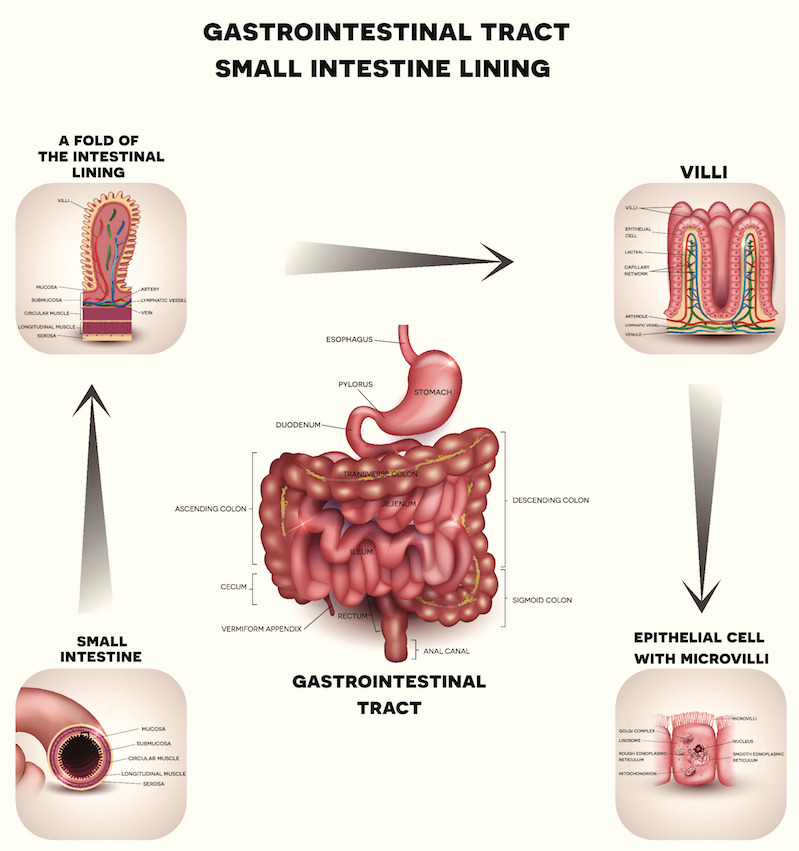Five Gastroenterologists And Not One Stool Test
I recently had a patient whom spent twenty years with chronic GI complaints, visiting greater than five gastrointestinal specialists. In that span of time, not one of the GI specialists ordered a stool test. I found that surprising and too common. The patient found it frustrating!
Can you imagine having a gut issue for over twenty years and no one thought to perform a stool test?
This particular patient had already been through a series of tests including endoscopy, colonoscopy and abdominal sonogram, due to abdominal pain, reflux symptoms and inconsistent bowels ranging from hard or dry stools to watery diarrhea. To be fair, the tests she had were able to screen for a variety of conditions including celiac, h-pylori infection, gastritis, polyps, colon cancer, and esophagitis to name a few.
However, the patient was told there was no pathology (this basically means your not dying and we can’t find what’s wrong, so you must be ok). The patient was happy to hear she had no pathologies and unhappy with the proposed solution. She was offered prescription Bentyl and after trying it for several months was unsatisfied with the results.
In my Tampa clinic I use a few different labs to test for GI problems. One such test is the Continue reading…




